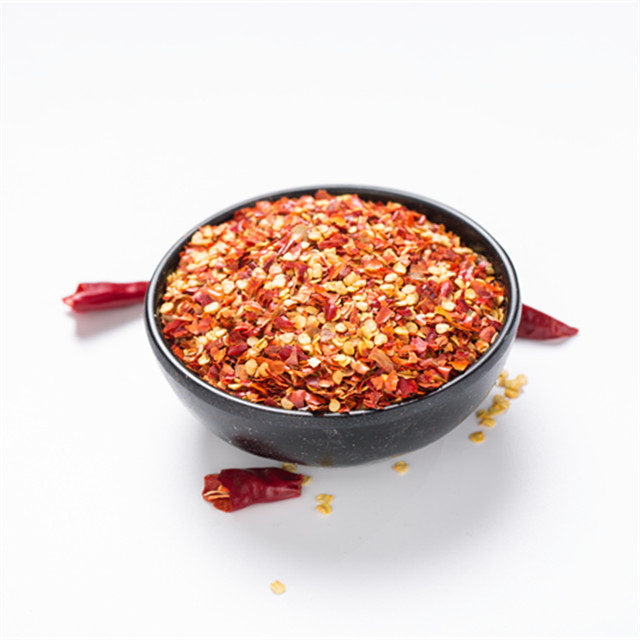Exploring HPMC Hydroxypropyl Methylcellulose
Hydroxypropyl methylcellulose (HPMC) is a versatile and widely used polymer that has gained significant attention in various industries, including pharmaceuticals, food, and cosmetics. As a non-ionic, water-soluble cellulose derivative, HPMC exhibits unique properties that make it an essential ingredient in numerous applications. Its chemical structure, properties, and multifunctionality contribute to its growing popularity in modern manufacturing processes.
Exploring HPMC Hydroxypropyl Methylcellulose
One of the primary applications of HPMC is in the pharmaceutical industry, where it serves as a crucial component in drug formulation. Its ability to form gels and control the release of active pharmaceutical ingredients (APIs) makes HPMC desirable for sustained-release and controlled-release formulations. By manipulating the viscosity and gel strength of HPMC, formulators can achieve desired release profiles, which can enhance the efficacy of medications. Additionally, HPMC is utilized as a binder in tablet formulations, helping to improve the mechanical stability and consistency of the final product.
hpmc hydroxypropyl methylcellulose

In the food industry, HPMC is recognized for its multifunctional capabilities. It acts as a thickening agent, emulsifier, and stabilizer in various food products. Its unique water-holding capacity can improve the texture and mouthfeel of food items, making it an ideal additive in low-fat and gluten-free formulations. Moreover, HPMC is used in vegetarian and vegan food products as a substitute for gelatin due to its plant-based origins, which appeals to a growing demographic seeking plant-derived ingredients.
The cosmetic industry also extensively employs HPMC in the formulation of personal care products. With its film-forming and adhesion properties, HPMC is often found in shampoos, conditioners, and skincare products. It helps to provide a smooth texture and improve the spreadability of creams and lotions, enhancing the overall sensory experience for consumers. Furthermore, HPMC's ability to retain moisture makes it an excellent ingredient for hydration-focused products.
Beyond these industries, HPMC is increasingly recognized for its environmental benefits. As a biodegradable polymer, HPMC is an attractive option for manufacturers seeking to minimize their ecological footprint. The shift towards sustainable practices has prompted many companies to explore HPMC as a green alternative in packaging materials and other applications, contributing to a more sustainable future.
In conclusion, hydroxypropyl methylcellulose (HPMC) is a remarkable polymer with a wide range of applications across various industries. Its unique properties, derived from its chemical structure, enable it to function as a thickening agent, binder, stabilizer, and more. As industries continue to innovate and seek sustainable solutions, HPMC's versatility and environmental benefits position it as a key ingredient for the future. Whether in pharmaceuticals, food, or cosmetics, HPMC stands out as a vital component that enhances product performance while aligning with the evolving demands of consumers and the environment.
-
HEC 100000 Hydroxyethylcellulose for Paint | Superior ThickeningNewsAug.30,2025
-
Wall Putty Rdp Powder Packaging DesignNewsAug.29,2025
-
Introduction to Hpmc Hydroxypropyl Methyl CellulosNewsAug.29,2025
-
Hpmc Industri Grade IntegrationNewsAug.29,2025
-
How to Choose the Right Construction AdhesiveNewsAug.29,2025
-
Construction Adhesive StrengthNewsAug.29,2025




